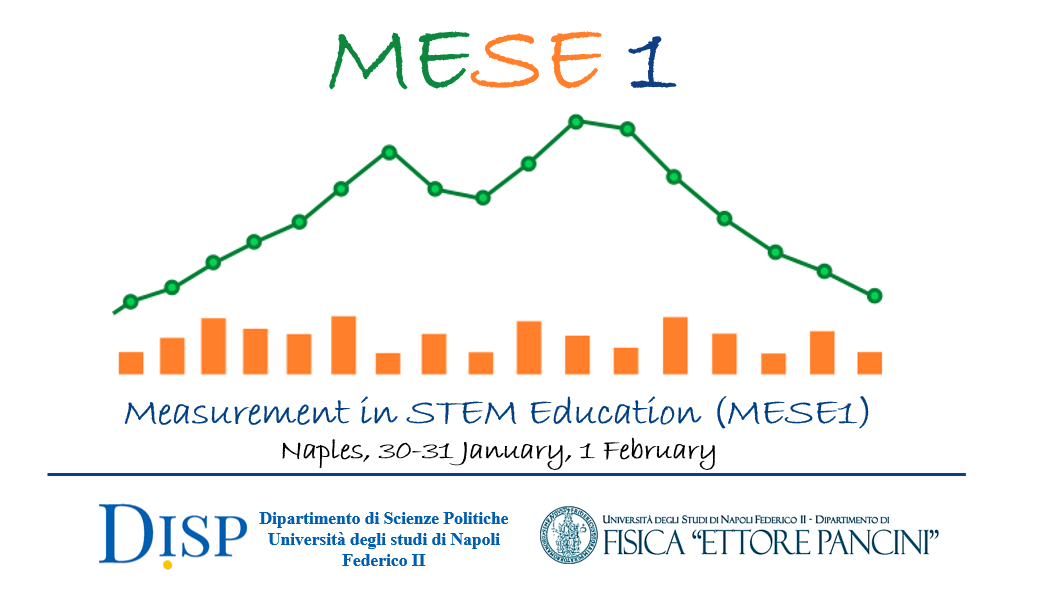Speaker
Description
The idea of biological evolution is not accepted by many people around the world, with a large disparity amongst countries. Some factors may act as obstacles to the acceptance of evolution, such as religion, a lack of openness to experience, and not understanding the nature of science. Although the strength of the association between evolution acceptance and non-scientific factors varies among studies, it is often assumed that resistance to evolution is the by-product of a religious background. Some studies are even more specific and try to associate the acceptance of evolution with precise religious affiliations.
In my speech I will propose an introduction of the main tests used internationally to measure evolution acceptance and some statistical tools that allow our research team to verify the relevance of sociocultural factors in predicting such acceptance.
Starting from an in-depth reflection on the factors that influence the knowledge and acceptance of evolutionary theories, the Italian-Brazilian research group formulated a research question to address this complex picture considering the same religious affiliation in two different countries with deep sociocultural differences. Catholic Christians in Italy and Brazil have several similarities, including many family connections owing to immigration history. Brazil is the country with the highest number of Catholic Christians in the world, and Italy is the hub of Roman Catholicism.
These conditions allowed to conduct a survey on the adolescent population with two statistically significant national samples in 2014.
We adopted a clear definition of evolution acceptance despite the complexity of the discussion
on the subject in different languages, taking acceptance as the expression of explicit recognition
of the objective validity of known scientific statements about evolution under absolute
anonymity. This definition considers two steps. The first is associated with scientific statements
about evolution, which must be clear and well known, avoiding issues under discussion,
for instance, about the origin of life. Students must show not only a positive attitude towards
evolution but also express clearly that a statement based on biological evolution is considered a
valid premise to construct a judgement about the real world. The second step refers to objective conditions in which a person may admit his/her positive judgment about a certain scientific statement.
We aimed to explore the strength of associations among nationality, religion, and the acceptance of evolution by students using multiple correspondence analysis (MCA) and statistical tools, with
nationwide samples from two different countries.
In our research we found that wider sociocultural factors predict the acceptance of evolution to a higher degree than a religious background. Roman Catholic students showed significant differences between the two countries, and the gap between them was wider than between Catholics and non-Catholic Christians within Brazil. Our conclusions support those who argue that religious affiliation is not the main factor in predicting the level of evolution acceptance.
The sociocultural environment and the level of evolutionary knowledge seem to be more important in this regard. These results open up new interpretative perspectives and provide a better understanding of attitudes towards evolution.

